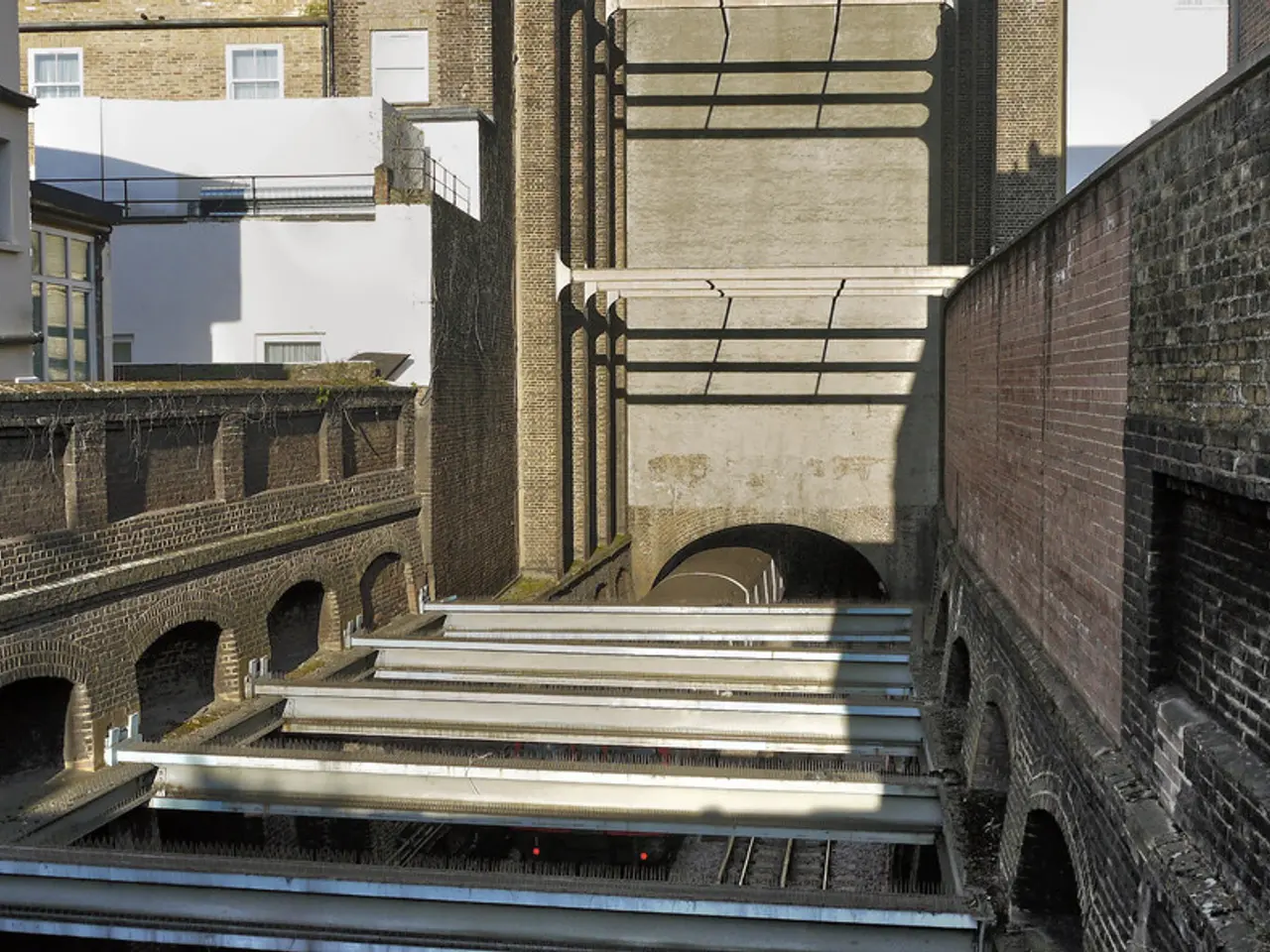Extending the rental price cap
Germany's Federal Government Proposes Extension of Rent Brake until 2029
In an effort to safeguard tenants from exorbitant rental price increases, the German federal government has proposed an extension of the rent brake until the end of 2029. The extension was greenlighted by the federal cabinet following the drafting of a bill by Justice Minister Stefanie Hubig.
The rent brake, primarily applied in densely populated cities with a tight housing market, aims to maintain housing affordability. The measure is controversial, as critics argue it has not offered a solution to the high rent prices in metropolises and has discouraged new apartment construction.
Justice Minister Hubig, who is responsible for the issue in the government, stated, "Housing should not become a luxury good." Hubig's first draft bill, presented immediately after assuming her position, aims to enhance transparency in ancillary costs, subject index-linked rent contracts to stricter rules, and bolster tenant protection for furnished apartments.
Minister Hubig noted the need to address loopholes that have been exploited to circumvent rent controls. The proposed measures also include the harmonization of tenancy law and the introduction of fines for rent control breaches by 2026. Additionally, the modernization levy, which allows landlords to recover costs by increasing rent, will be adjusted, with the value limit for minor modernization work raised from €10,000 to €20,000 by the end of 2025.
The rent brake was initially introduced in 2015, with the provision that in certain districts, the rent for new tenants may not exceed the local average by more than 10 percent. After 2025, state governments will be able to determine areas with a tense housing market through ordinances, enabling the extension of the rent brake in these areas.
According to the ministry, the legal regulation has at least slowed down the rent increase. If the rent brake expires, rents are expected to rise at a faster rate, particularly affecting people with lower incomes and potentially leading to accelerated displacement.
The extension of the rent brake is part of a broader effort to regulate the housing market and ensure tenants' protection while addressing economic implications for landlords and the broader economy.
- The proposed extension of the rent brake until 2029 is a part of the German Federal Government's broader employment policy, aiming to maintain housing affordability and safeguard tenants, especially in the business sector.
- In the realm of politics and general-news, the extension of the rent brake, which impacts finance and business, highlights the German government's community policy, with an emphasis on addressing economic inequality and promoting housing as a right for all citizens.




